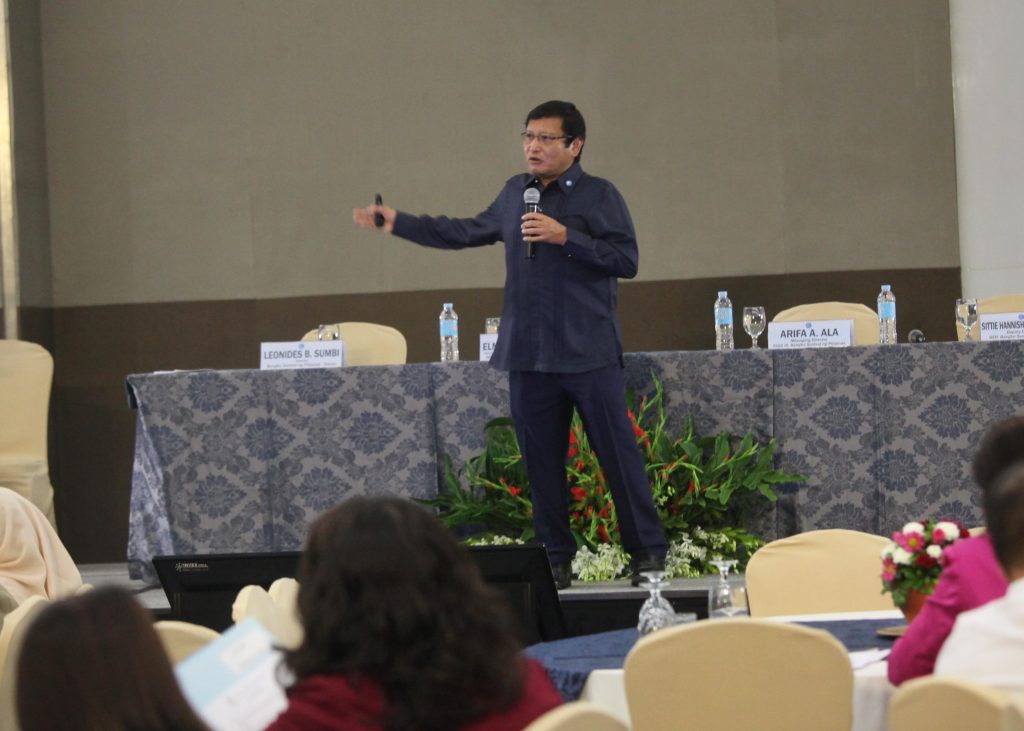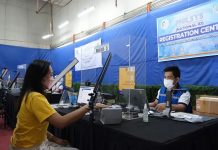
Banko Sentral ng Pilipinas (BSP) kicked off its regional information drive of Republic Act No. 11211 or “An Act Amending Republic Act No. 7653, otherwise known as the ‘New Central Bank Act’, and for Other Purposes” in Davao City on Wednesday, July 17, aiming to promote better appreciation of the BSP Charter among bankers, media and regional stakeholders.
“R.A. No. 11211 enhances the central bank’s capacity to promote price and financial stability and a safe and reliable payment system,” said Elmore O. Capule, BSP General Counsel and Senior Assistant Governor.
The amended central bank law restores the BSP’s authority to issue its own debt papers giving BSP greater flexibility in determining the timing and size of its monetary operations. This allows BSP to craft necessary policies to address potential risks to the economy.
The law also mandates BSP to tailor-fit capital adequacy ratios based on the risk profile of the bank and restore its authority to obtain data from any person or entity both from private or public sectors for statistical and policy development purposes.
This allows BSP to craft necessary policies to address potential risks to the economy.
Together with Republic Act No. 11127 or The National Payment System Act, the amended BSP charter provides the central bank with an enhanced legal and regulatory framework in providing a steadying hand to the financial system.
R. A. 11211 paves the way for an increase in BSP’s capitalization from P50 billion to P300 billion to be sourced from dividends declared by BSP in favor of the national government. BSP will also be exempted from paying taxes on income derived from its governmental functions.
“The Philippines is expected to remain one of the fastest growing economies in the region and in the world in 2019-2020,” said Sittie M. Butocan, Department of Economic Research Deputy Director.
The regional information campaign will also be conducted in the cities of Cagayan de Oro, Cebu, Iloilo, Batangas and Baguio.






